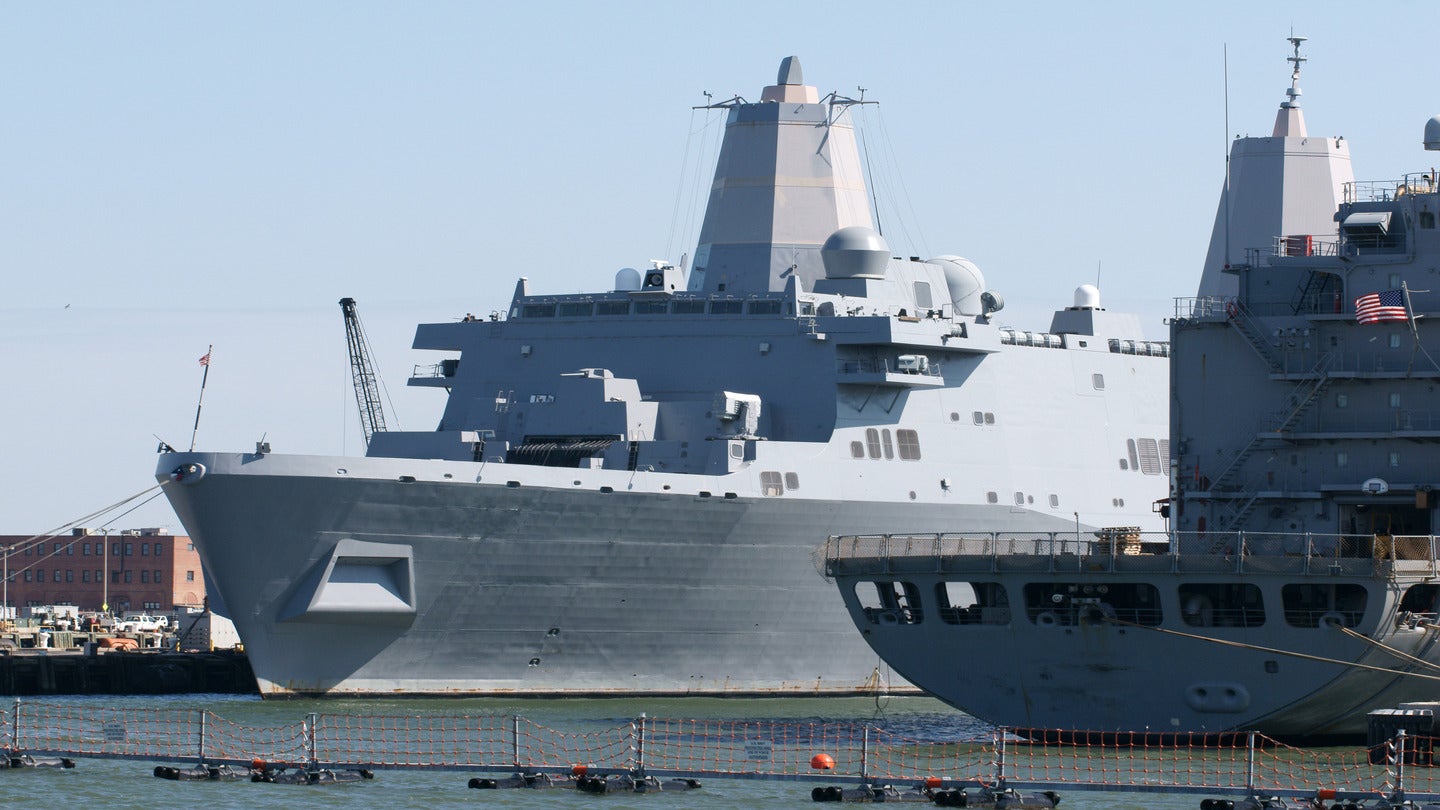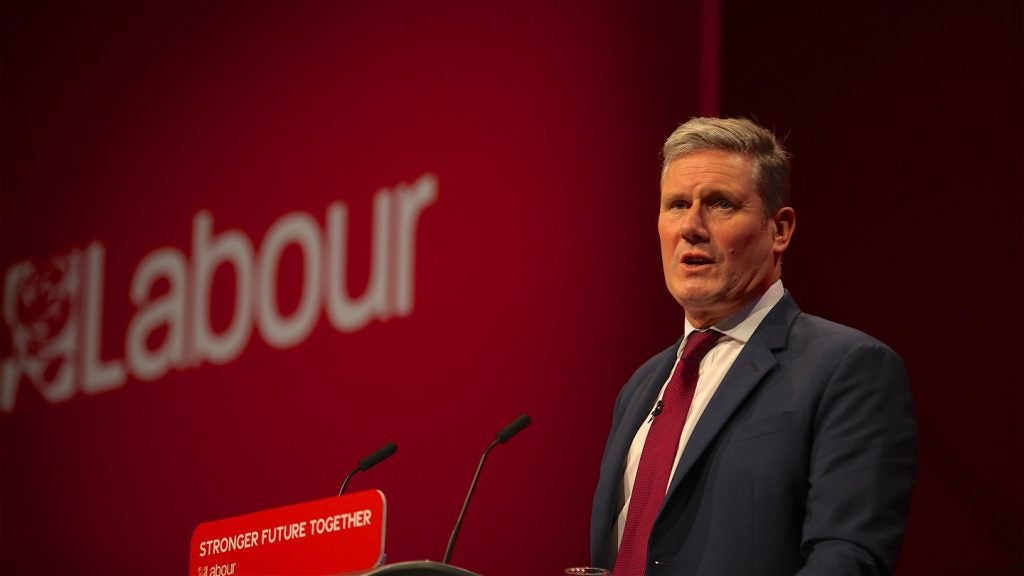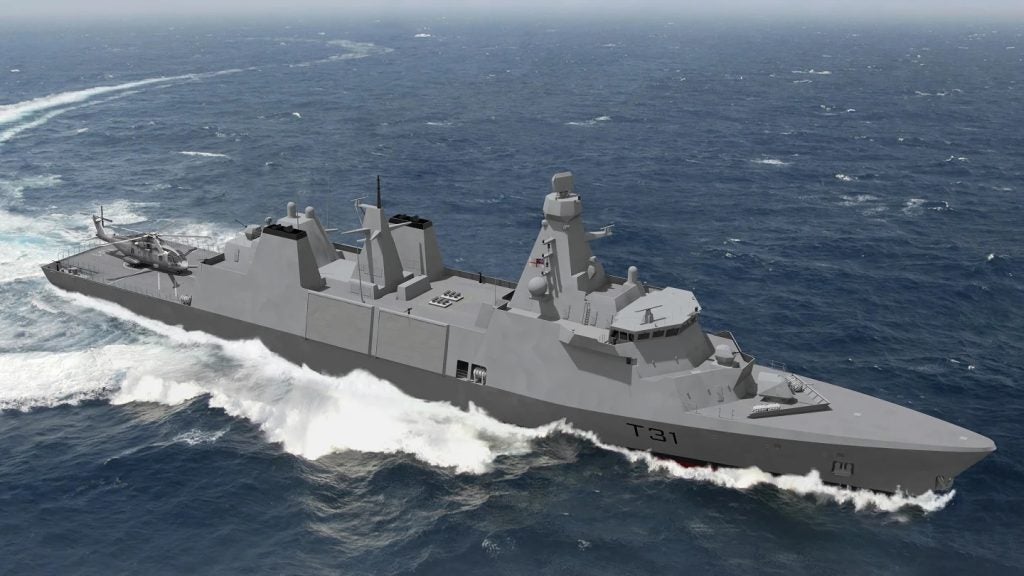
Nato members are about to launch major drills in the Baltic Sea to practise how to repel a Russian naval attack in the region.
Led by Germany, the drills – involving 30 ships and more than 3,000 Nato service members – are set to begin on 9 September, according to German navy chief Vice-Admiral Jan Christian Kaack. “We are sending a clear message of vigilance to Russia: not on our watch,” Kaack was quoted as saying by Reuters on 1 September.
Troops are currently assembling from Germany, Poland, Lithuania and all other Nato countries on the Baltic Sea, as well as from non-Baltic allies France, Belgium, the Netherlands, Canada and the US. Washington plans to send the 200m-long Mesa Verde to the drills, a ship designed to transport and land around 800 marines in an amphibious assault.
Also present will be troops from soon-to-be-member Sweden, which has already worked alongside Nato in air defence capabilities in the Baltic Sea region with exercise Aurora 2023.
Germany apart, Sweden has led defence job hirings among Nato countries on the Baltic Sea coastline since the start of 2023, GlobalData figures indicate.
Stockholm has also increased defence spending in line with Nato aspirations. In 2023, Sweden’s defence budget surpassed $8.7bn (Skr96.3bn), and it is projected to reach $13.4bn by 2028, according to GlobalData’s Sweden Defence Market 2023-28 report.
Such investment would see Sweden meet Nato's target spend of 2% of gross domestic product on shoring up defensive capabilities, a clear response to Russian aggression since the invasion of Ukraine.
From the Black Sea to the Baltic
Yesterday (4 September), Kyiv claimed Russian drone attacks on Ukrainian Black Sea ports had hit Romania – hypothetically evoking Nato’s Article 5, which considers an act of violence against one member as an attack against all. Bucharest, however, denied that Russian drones detonated on Romanian soil.
Regardless, the recent conflict and Russia’s naval blockade in the Black Sea since withdrawing from the grain deal show the Kremlin’s willingness to choke European supply lines.
European powers recognise the geostrategic importance of the Baltic Sea. “Finland and the Baltic states depend almost 100% on the maritime supply routes through the Baltic Sea”, Kaack told reporters.
A Russian blockade on the Suwalki Gap – a 100km-wide land gap between Lithuania and Poland, connecting Kaliningrad with long-standing Russian ally Belarus – would leave the Baltic states entirely dependent on sea routes.
Our signals coverage is powered by GlobalData’s Thematic Engine, which tags millions of data items across six alternative datasets — patents, jobs, deals, company filings, social media mentions and news — to themes, sectors and companies. These signals enhance our predictive capabilities, helping us to identify the most disruptive threats across each of the sectors we cover and the companies best placed to succeed.








